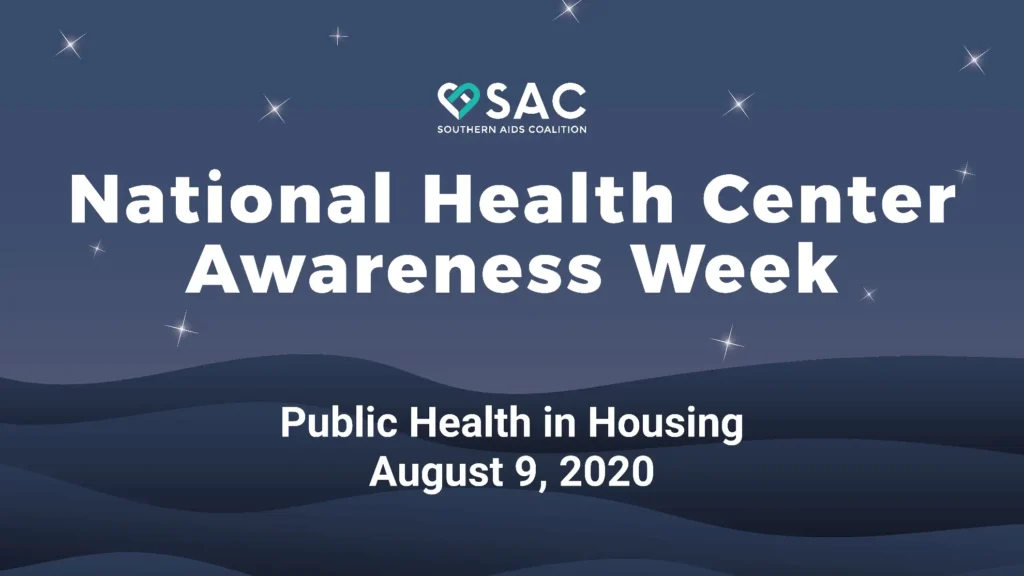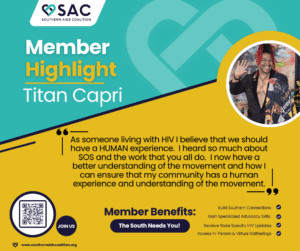In 2008, I began a new career as the Homeless Case Manager at an AIDS Service Organization.
My number one goal was finding housing for my clients while keeping them engaged in healthcare—two pretty big tasks. I knew that it would be hard reaching goal number two if goal number one wasn’t addressed in a real way.
It was hard getting clients to keep medical appointments—don’t even talk about taking medications. I kept a spreadsheet documenting my clients’ CD4 (which shows the robustness of the immune system), viral load, and any other pertinent lab work. I was able to see exactly how living on the streets impacted the health outcomes of my clients. It never failed, but as soon as I was able to get my client stably housed, their CD4 would increase, the viral load would decrease, and medication usage would drastically increase. Here we are in 2020 and although I’m no longer working with the homeless population, the issues are still the same.
I make it my business to stay in community with the people living under the bridge (at least I did until coronavirus) and nothing has changed. If a person is unstably housed it’s really hard making health and healthcare a priority. Food and shelter are at the top of the person’s list. It becomes a day-to-day fight to barely exist. It may also be hard to store medications correctly. Being homeless is hard and adding a health condition on top of that makes things almost impossible. That’s why it’s important to advocate for fair, stable, and affordable housing.
We have to make the powers that be see that housing REALLY is healthcare.



